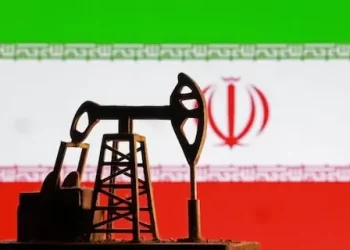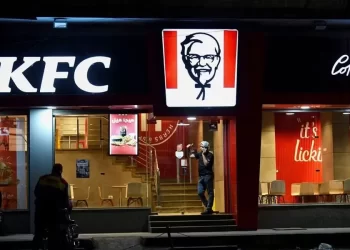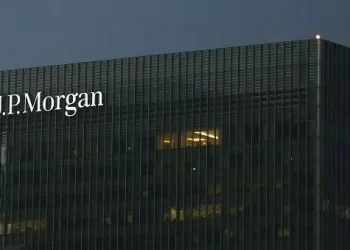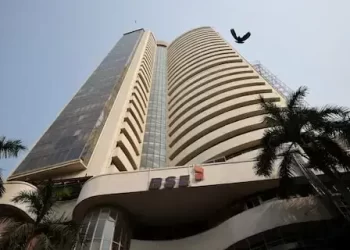Stock markets in the Gulf ended mixed on Thursday as investors assessed the monetary policy and inflation outlook in the world’s largest economy.
Traders responded to a U.S. inflation print that was in line with expectations by ramping up bets on a Federal Reserve rate cut next month, though there was less certainty on what would happen after that given Donald Trump’s return to office.
The Fed’s decisions have a significant impact on the region’s monetary policy, as most currencies there are pegged to the U.S. dollar.
Saudi Arabia’s benchmark index declined 1.2%, weighed down by a 0.4% fall in aluminium products manufacturer Al Taiseer Group. Saudi Telecom Company (STC) dropped 2.2%.
The kingdom’s sovereign wealth fund PIF has raised 3.86 billion riyals ($1.03 billion) from selling a 2% stake in telecoms firm STC, PIF said on Thursday, as it seeks to raise funds for the Gulf country’s economic diversification programme.
Dubai’s main share index eased 0.1%, hit by a 1% fall in top lender Emirates NBD.
Most Gulf bourses in red as focus shifts to US inflation data
In Abu Dhabi, the index , helped by a 1.5% rise in conglomerate International Holding.
However, Lulu Retail Holdings – Middle East’s biggest hypermarket chain operator – finished flat in market debut.
The Qatari benchmark added 0.3%, with petrochemical maker Industries Qatar rising 1.7%.
Outside the Gulf, Egypt’s blue-chip index edged 0.1% higher, led by a 1.5% gain in tobacco monopoly Eastern Company, a day after report a steep rise in first-quarter profit.
—————————————-
SAUDI ARABIA fell 1.2% to 11,791
ABU DHABI rose 0.3% to 9,400
DUBAI eased 0.1% to 4,729
QATAR gained 0.3% to 10,455
EGYPT up 0.1% to 31,462
BAHRAIN was up 0.4% to 2,052
OMAN down 0.2% to 4,644
KUWAIT added 0.1% to 7,831
—————————————-








